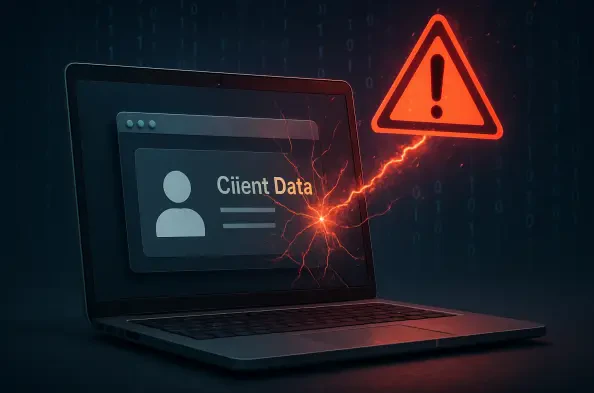Privacy Principles & Compliance
The sudden appearance of a ransomware demand on a company’s network screens can instantly paralyze operations, transforming a typical business day into an existential crisis that demands immediate and decisive leadership. This abrupt shift from routine to recovery raises a critical question within the executive suite: who is in charge? This
In an interconnected digital world where advanced artificial intelligence accelerates both innovation and cyber threats, the question for any organization is no longer if a data breach will occur, but how devastating the fallout will be when it does. The modern threat landscape has evolved into a complex ecosystem where vulnerabilities are
In a world where data drives every decision, what happens when accessing real information becomes a legal and ethical minefield, stalling progress at every turn? Picture a healthcare company racing to develop an AI tool for diagnosing rare diseases, only to be halted by privacy laws that block access to patient records. Synthetic data—artificially
Law firms, whether small boutiques or global giants, have become prime targets for cybercriminals due to the treasure trove of sensitive information they hold, including client communications, financial records, and confidential legal strategies. This data, often critical to personal and corporate interests, is under constant threat as attackers
In an era where digital threats loom large over personal information, a recent wave of concern swept through millions of American Social Security beneficiaries following rumors of a potential data leak within the Social Security Administration (SSA). Whispers of compromised sensitive details—ranging from names to banking information stored in the





